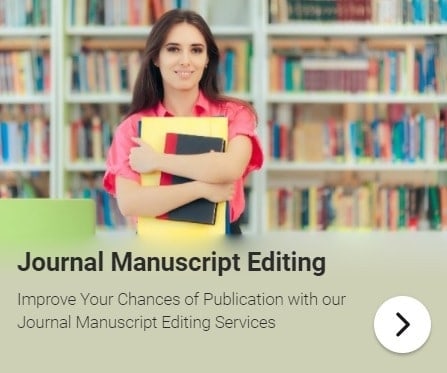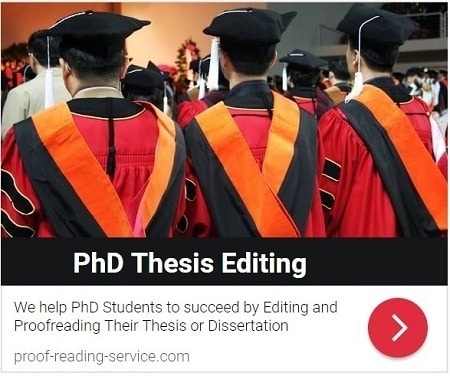
Table of Contents (Guide To Publication)
Part II: Preparing, Presenting and Polishing Your Work – Chapter 4
4.4.2 English Verbs: Tensing Up and Splitting Hairs
If you have at times found yourself cursing the nature of English verbs, you might receive consolation from the fact that you are not alone. Even for native English speakers and writers proficient in the language, English can be a notoriously difficult language to use correctly, more so to use elegantly, and verbs are among the most troublesome aspects of English to negotiate. English verbs are often formed by a combination of separate words (‘to understand,’ ‘will have understood,’ ‘had understood,’ etc.) in a way very different from the conjugation of verbs in other languages. The nuances of the various forms (or tenses) communicate different temporal messages, and the problem is complicated in scholarly prose because referring accurately and effectively to the ideas and results found in sources can be challenging. Tense (present, perfect, pluperfect, etc.) is a key issue, and many a scholarly paragraph reporting information from sources breaks down because the tense of the verbs it uses is inconsistent or does not change according to the nature of the content.
As a general rule, much of what is said in previous scholarship can be referred to in the present tense: for example, ‘Jones (1985) argues that…,’ ‘Parkes (1993) outlines three basic principles’ and ‘according to Johnson (2010), these results are….’ However, if you’re comparing or contrasting studies done at different times, you may need to vary the tense you use: ‘Jones (1985) argued [perfect] that the problem could not be overcome, but Johnson (2010) sheds [present] new light on the situation.’ Often using a compound form with ‘has’ or ‘have’ is more effective than a simple past or perfect tense when speaking of scholarly trends or developments: for instance, ‘In recent years, many studies have paid far more attention to…’ and ‘Since the 1990s, there have been several studies that….’ However, the studies you’re referring to were in fact conducted in the past, so the perfect tense, too, can be correctly used when referring to studies and their authors: for example, ‘The study by Jones (1985) explored the migration habits of monarch butterflies’ and ‘Johnson (2010) investigated the phenomenon by making extensive use of the work of Jones (1985).’ As with so much about writing well, there are no hard and fast rules to follow except that it will always help to conceptualise and contextualise clearly in both temporal and intellectual terms the sources and ideas to which you’re referring, and adjust your verb forms accordingly.
Among the most troublesome of verb forms in English is the infinitive. In most languages, the infinitive of a verb is a single word: the famous Latin phrase ‘veni, vidi, vici’ (‘I came, I saw, I conquered’), for instance, becomes ‘venire, videre, vincere’ using the infinitive forms. In English, however, the infinitives of verbs are formed through the addition of ‘to’ – ‘to come, to see, to conquer’ – and the two elements of the infinitive (‘to’ and ‘conquer’) should no sooner be separated from each other than should the ‘–ire’ or ‘–ere’ ending be separated from the stem of one of the Latin infinitives. There are those, of course, who claim that splitting English infinitives is no longer a concern – even that such fussing over verbs is tantamount to splitting hairs – but I’ve seen papers returned for revision by the editors of scholarly journals with the specific request to remove or reword all split infinitives, and rightly so. Split infinitives are incorrect grammar and simply not an aspect of formal academic or scientific prose.
However, split infinitives are also all around us daily in our speech and informal written communications, on our radio and television programmes (Startrek’s ‘to boldly go’ is the most famous or infamous, depending on your perspective) and even where we might least expect to find them. Check out, for instance, the descriptive paragraph about Journal Citation Reports on the Thomson Reuters website, which claims that the Reports offer ‘a systematic, objective means to critically evaluate the world’s leading journals’ – an unfortunate combination of words that invites the reader ‘to evaluate’ (the infinitive which is split in this case) with a critical eye the quality of the English used. Infinitives are usually split with an adverb added between the two parts of the verb (as ‘boldly’ and ‘critically’ split the infinitives in the examples above), and such split infinitives sometimes sound so natural that they can sneak past the eye of even the most seasoned professional proofreader. At other times the wording of a sentence seems to sound better when the infinitive is split by an adverb: ‘boldly to go’ and ‘to go boldly’ simply don’t resonate as ‘to boldly go’ does, probably largely because some of us have heard the last so often that it now seems ‘right.’ Nonetheless, an adverb should always be removed from amidst an infinitive and either placed elsewhere in the sentence or replaced with alternative wording: for example, ‘to evaluate critically’ or ‘to evaluate with a critical eye.’ This will sometimes prove more challenging than it sounds and in certain instances the adverb or adverbial phrase will have to be abandoned altogether to make a sentence work effectively, but as some of the best advice for writers claims, the right verb often doesn’t need an adverb to modify it at all, much as the right noun often does not need an adjective.
Another concern when using English verbs arises from the difference between the passive and active voices. In the active voice a subject is clearly stated and the verb is active: ‘We investigated the relationship between changing weather patterns and the coverage provided by home insurance policies.’ In the passive voice, the object becomes the subject and the verb is passive: ‘The relationship between changing weather patterns and the coverage provided by home insurance policies was investigated.’ Both are correct English, of course, but because the passive voice does not name the people doing the investigating, it fails to convey with precision who did the research – the authors of the present article as part of the current study, for instance, or a third party (or parties) working at some other time who ought to be cited. Some academic and scientific authors will deliberately use the passive voice in an abstract, perhaps due to a misconception that the passive voice is scholarly, but a scholarly voice is never vague as the passive voice can be, and some journal guidelines will actually ask that the passive voice be avoided, especially in abstracts where precision expressed via as few words as possible is particularly important. So do check the guidelines and when you use the passive voice, do so sparingly and with careful attention to what it actually says and does not say.
This article is part of a book called Guide to Academic and Scientific Publication: How To Get Your Writing Published in Scholarly Journals. It provides practical advice on planning, preparing and submitting articles for publication in scholarly journals.
Whether you are looking for information on designing an academic or scientific article, constructing a scholarly argument, targeting the right journal, following journal guidelines with precision, providing accurate and complete references, writing correct and elegant scholarly English, communicating with journal editors or revising your paper in light of that communication, you will find guidance, tips and examples in this manual.
This book is focusing on sound scholarly principles and practices as well as the expectations and requirements of academic and scientific journals, this guide is suitable for use in a wide variety of disciplines, including Economics, Engineering, the Humanities, Law, Management, Mathematics, Medicine and the Social, Physical and Biological Sciences .






